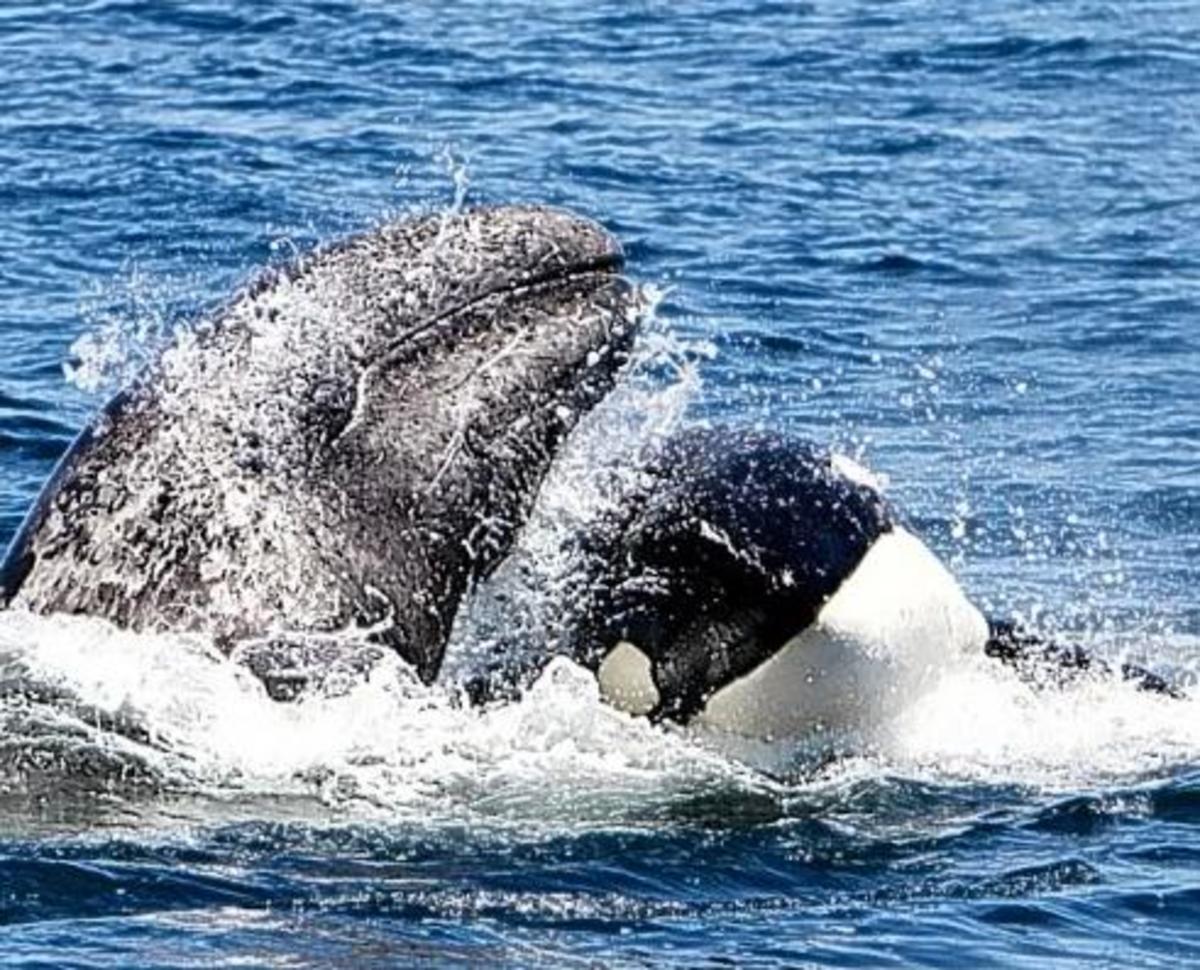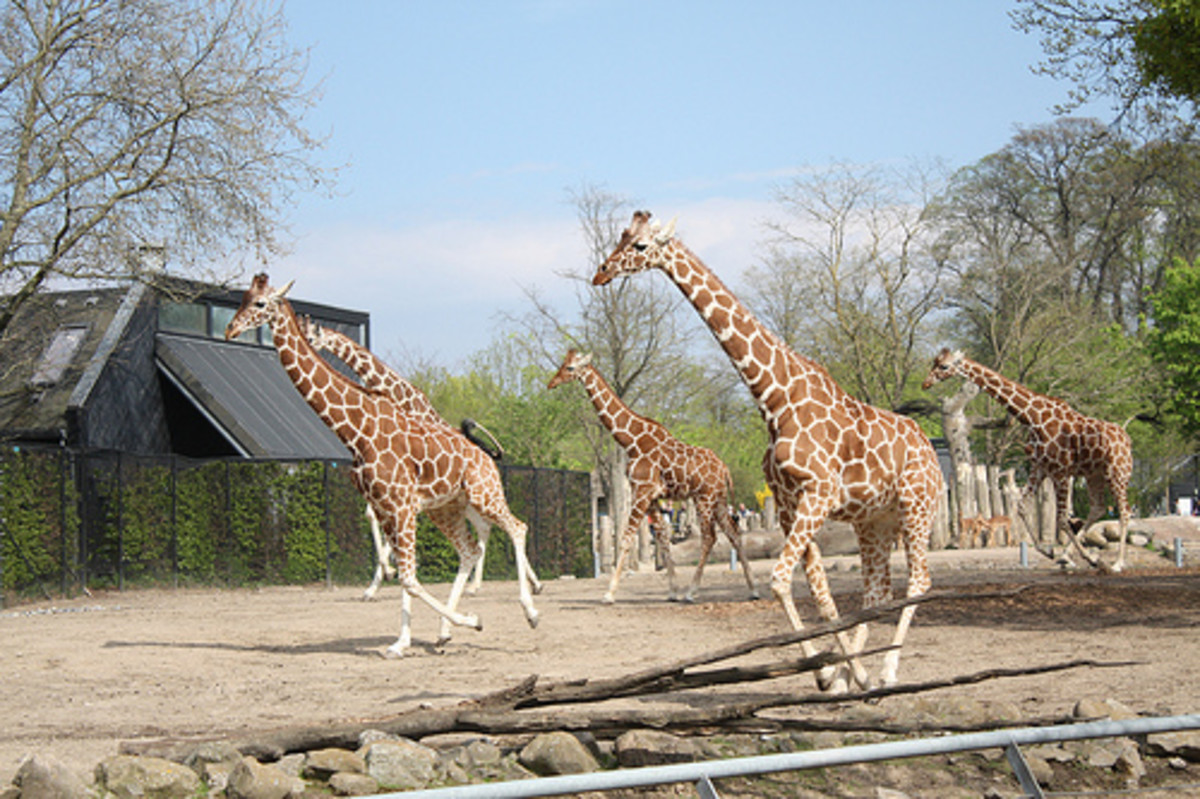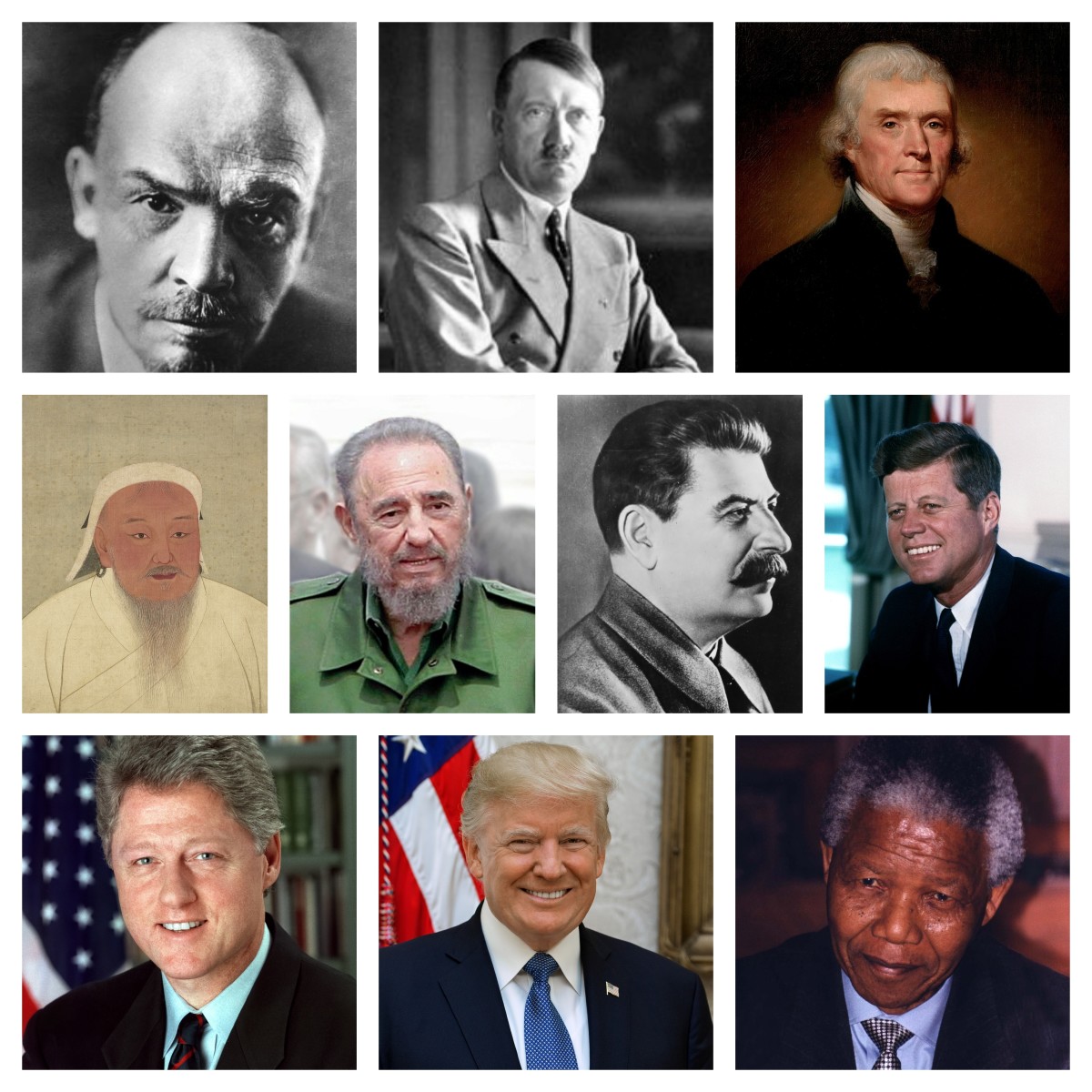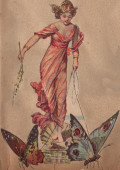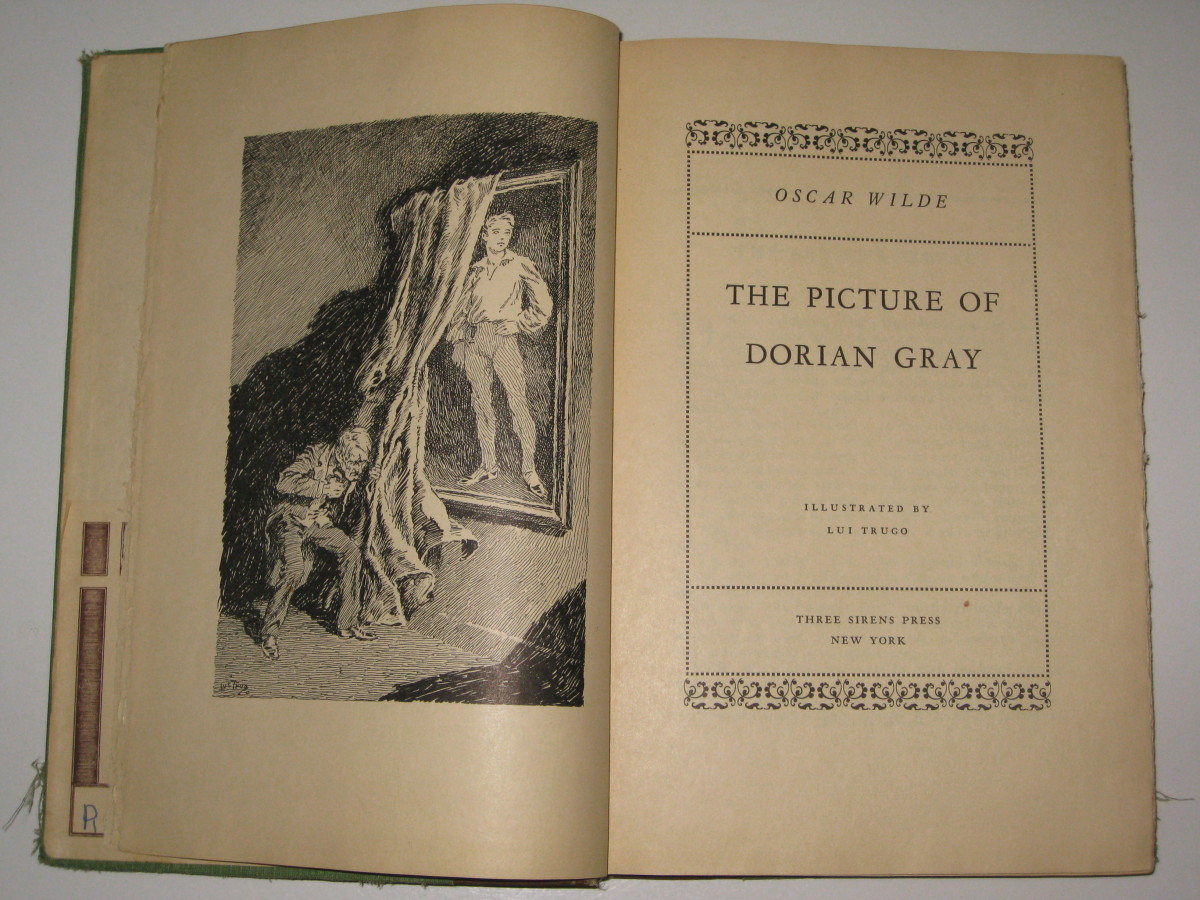The Politics of The Farm
Animal farm starts with the big dream about a revolution. The revolution that was supposed to free the animals of the Manor Farm from the oppressive Mr Jones. Old Major, an old pig, had a vision which would free the animals from the oppressive regimes of the oppressive human regime. Producing their own food, living a free life and most importantly a life of free choices. A revolution was the only way of bringing this utopian vision to reality. They never imagined that this revolution would ever happen in their lifetime. They had no hopes of ever witnessing it. But still for the greater good they started preparing for it. They only had the emancipation of their kind in their mind. They had no personal gains as such. Only the animal community as a whole mattered. They got themselves a song, The Beasts of England. That song had everything in it that they were going to achieve. They knew that they were taken advantage of for the benefit of humans. Even though some animals sympathised with the humans they were made to realize how it was plain and simple oppression to their kind. Humans were made their sole enemy. The maxim “Four legs good, two legs bad” was made up to internalize the idea that humans are inherently enemies, and that they are nothing but trouble for the animals. The maxim also asserted that whatever that was on four legs was an ally. Nothing bad could come out of a four-legged creature. Four-legged animals, including birds who found the maxim a bit offensive, could and would do no harm to other four-legged creatures. This idea was planted into the animals, knowingly or purely by chance, by the pigs. The animals made it a duty to always remember this maxim. No matter what happened this maxim remained with them.
According to Hegel, the abolition of slavery is accomplished as the result of the progress of reason and the consciousness of freedom. This is the same point that was brought to the animals to kindle the fire of a revolution in them. They were made to realize that they were slaves and that they could do better without the humans.
One day, when Mr Jones forgot to feed the animals, they were forced to revolt. Their protest took an unexpected turn. The animals were at their worst, and their protest became the revolution for which they were preparing themselves for. Thay had Jones and his family expelled from their farm. Not Jones neither the animals could believe what had happened. The animals were so shocked that they went to search every nook and corner to find a hiding human. But no one was to be found. They were free. They made the revolution happen. They now had the farm all for themselves. They were to be their own masters, or so they thought. They partied and made merry that day. But during this merrymaking the pigs, who made themselves the intellectuals of the bunch, took charge. They appointed themselves to be in charge of the farm, which they now called ‘Animal Farm’. No animal ever questioned it. They were happy that humans, their only enemy, was out of the picture. They didn't care for who took charge as no animal would be as oppressive as humans, the enemy.
With the expulsion of the humans, the farm became their own. The pigs, who made themselves in charge, laid the groundwork for how the farm is to be run. They called a meeting where all the animals could take part in the decision making process. The animals gathered and rules were made as to how the farm would function The pigs, Napoleon and Snowball who were the only ones proficient in the use language, drew up the rules by which the farm was to function. They made seven rules that were acceptable and welcomed by all. These seven rules were later condensed into a maxim because most animals were not literate enough to read or write.
The dictatorial Napoleon is an allusion to Joseph Stalin with his harsh oppressive rule. The other pig, Snowball, is an allusion to Trotsky, who, like Snowball was an intellectual and was expelled from the system.
With these allusions, Orwell takes a jab at the failure of Communism. He presents to us how it has failed as a system of governance. How a taste of such unfathomable power can turn the uninitiated into nothing more than their enemies. None of the animals saw that far into the future. No one would think of such a unity going to failure.
The farm began to function with all animals working harder than ever. Thir hard labour didn’t affect them as they had the feeling that whatever work they put in was for their own benefit. The pigs convinced the others that they would concern themselves with the labours of the brain, as they were intellectuals, planning for the smooth operation of the farm. As such was the case they did not have to do physical labour and appointed themselves to be in charge of the farm. All the animals looked up towards the pigs for guidance as to what is to be done. They started relying on the pigs for every decision for they knew, or was made to believe, that the pigs were the only ones capable of intellectual work.
The pigs enjoyed this power which was inadvertently given to them. The animals, meanwhile, slowly but surely made themselves subaltern. The animals believed that they had complete agency when it came to the matters of the farm, which was their own. Whenever the pigs made a decision it was perceived to be a decision of the majority. Even when Napoleon expelled Snowball, the animals were made to believe that Snowball was a threat to the Farm as a whole. And to stop the animals from raising any questions he had hounds surrounding him.
It was with the expulsion of Snowball that Napoleon began his oppressive regime. He has Squealer to be his propaganda machine, to make his decisions favourable with lies and even fear. He made sure that all the animals believed that Napolean was working with the best intentions of the farm in mind and not for his personal gains. Even from the beginning, when the pigs stole the milk and apples for their own luxury, the animals didn’t care much. They accepted it as a necessity on the pigs part. But when Napoleon started to turn into a dictator he required someone to constantly justify his actions so that the animals would never realize reality. Squealer was apt for this purpose. To make sure that no animal ever thought of raising his voice he had hounds surrounding him all the time.
Napoleon's strategies were flawless. He made all the animals believe that the farm was their own. The only person who ever opposed him was branded a traitor and expelled. The wound that he got in the Battle of the Cowshed was cashed in as the perfect tool to make the animals believe that he was selflessly working for the benefit of all animals. When he dismissed the weekly debates and took it to himself the role of the decision-maker it was made to look as if he was taking on additional responsibility for the sake of the other animals. The animals were so blinded by all this that even when they saw a clear violation of the written law, no animal shall ever sleep on a bed, they were easily made to believe that the pigs made no violation. It was justified that the bed in the manor house that the pigs slept on was no different than the hay the animals slept on. These justifications coupled with the fear that the hounds created gave more and more agency to the pigs, and brought down the other animals to being oppressed as they were before but without them realising it, hence subaltern.
In the end, the animals were not able to distinguish the Humans from the Pigs. Both seemed the same to them. They were both exploiting them. They had no hopes of escape. Their own kind proved to be way more diabolical than Humans. They misused the power that was given to them. They took away the agency of the animals and turned them to mere slaves. Their agency was given up in the hopes that the pigs would look after their welfare. They believed the maxims and lies that were fed to them by the pigs, without realizing the real effect.
To get the animals to give up their agency, we could see the pigs using both the Repressive State Apparatus and the Ideological State Apparatus. Napoleon has his hounds with him all the time. They are the fear factor that kept the animals from asking too many questions. The hounds were large and were lethal. If any animal posed even the slightest threat to Napoleon the hounds were ready to pounce at them. The building of the windmill was also a part of the ideology. It was to keep the animals busy with something and always engaged. It was also a sign of unity. They all were made to believe that they were working as a team and they were always on the same side. The windmill was the perfect distraction from what the pigs were actually doing.
With such devious methods and tactics, which may not have been their original intention, the pigs gained power enough to oppress the animals who were not expecting it. The idea of becoming free and that animals were one was so very internalized by the animals that they never saw their own species oppressing them. They never expected to see the faces of their enemy within themselves. This worked as the perfect cover for the pigs to gain agency enough to oppress them.
All we have to do, as rational beings, to find such patterns in our politicians, is to be willing to substitute the word communism with any other political ideology. Ask yourselves who your political enemies are and why. Are they your enemies because somebody else wants them to be your enemy or do you have something genuine to hold against them? Have you heard both sides of the argument? And most importantly why do you trust those you favour, is it because they say what you want to hear?
